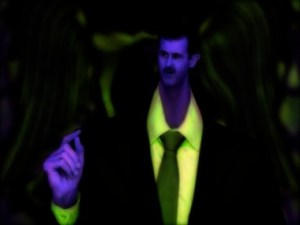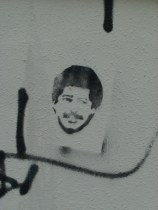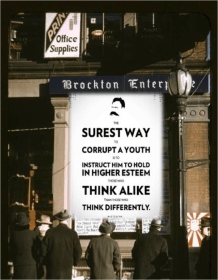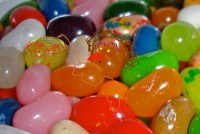Through treating everything from strokes to car accident traumas, neurosurgeon Jocelyne Bloch knows the brain’s inability to repair itself all too well. But now, she suggests, she and her colleagues may have found the key to neural repair: Doublecortin-positive cells. Similar to stem cells, they are extremely adaptable and, when extracted from a brain, cultured and then re-injected in a lesioned area of the same brain, they can help repair and rebuild it. “With a little help,” Bloch says, “the brain may be able to help itself.”
Swiss neurosurgeon Jocelyne Bloch is an expert in deep brain stimulation and neuromodulation for movement disorders. Her recent work focuses on cortical cells, called doublecortin, related to neurogenesis and brain repair. In collaboration with Jean François Brunet and others, she is pioneering the development of adult brain cell transplantation for patients with stroke, using their own stem cells. She aims at gathering all these novel therapeutic strategies under a common umbrella that will optimize treatment options for patients suffering from neurological impairments. She is in charge of the functional neurosurgery unit at the Lausanne University Hospital (CHUV).
Archive for February, 2016

What if Schools Taught Kindness?
By Laura Pinger, Lisa Flook | February 1, 2016 | 7 CommentsLaura Pinger and Lisa Flook share their lessons from creating a “kindness curriculum” for young students
Walking to class one day, one of us (Laura) saw a young student crying and waiting for his mother to arrive—he had split his chin while playing. When Laura got to class, the other students were very upset and afraid for their friend, full of questions about what would happen to him. Laura decided to ask the class how they could help him.
“Caring practice!” exclaimed one of the children—and they all sat in a circle offering support and well wishes. The children immediately calmed and they continued with their lesson.
This is what’s possible when kids learn to be kind at school.
Various mindfulness programs have been developed for adults, but we and our colleagues at the Center for Healthy Minds at the University of Wisconsin, Madison, wanted to develop a curriculum for kids. Every school teaches math and reading, but what about mindfulness and kindness?
We ended up bringing a 12-week curriculum to six schools in the Midwest. Twice a week for 20 minutes, pre-kindergarten kids were introduced to stories and practices for paying attention, regulating their emotions, and cultivating kindness. It’s just the beginning, but the initial results of our research, coauthored with Professor Richard Davidson and graduate research assistant Simon Goldberg, suggest that this program can improve kids’ grades, cognitive abilities, and relationship skills.
::: click here for this piece continues free + in full @ Greater Good Science Center :::
























